Essential oils and skin health
Essential oils may help reduce the appearance of scars. They work by regenerating the skin cells of damaged skin. There are also other oils that can improve the appearance of scars and improve skin health.
Essential oils support skin health by:
- balancing skin tone
- reducing redness
- reducing inflammation
Some oils also have wound-healing properties, which may help prevent scar tissue from forming. You can experiment to see which oils — or combination of oils — bring you the best results and if used correctly presents little risk.
1. Helichrysum essential oil
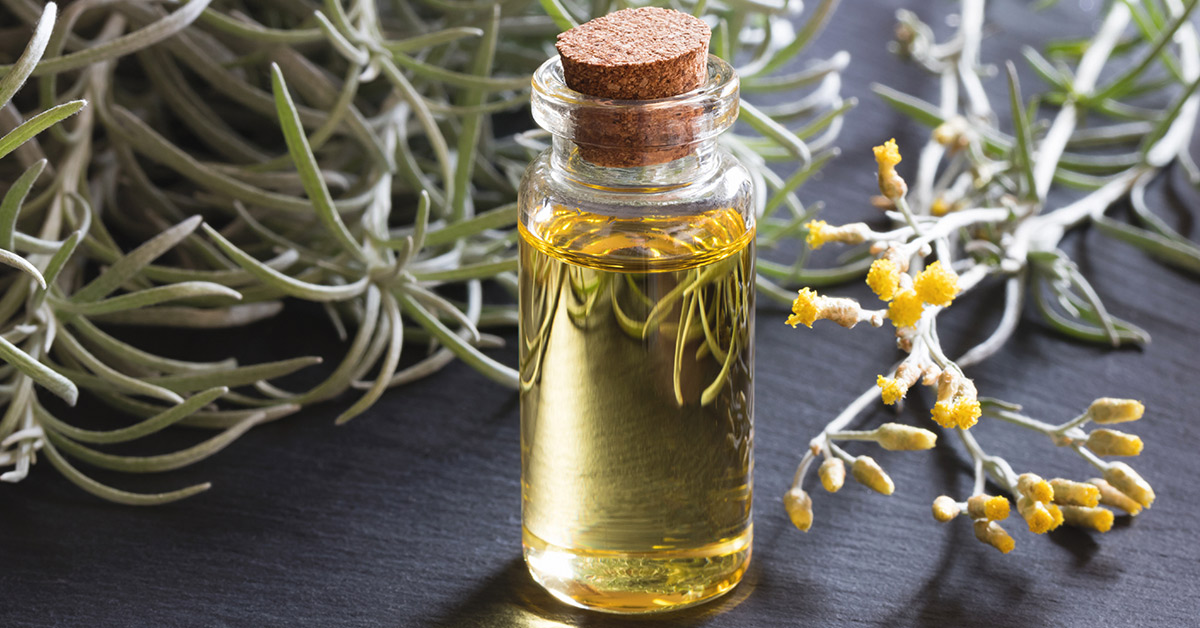

Helichrysum essential oil has anti-inflammatory, antifungal, and antibacterial properties that may be useful in healing skin.
Helichrysum essential oil contains an anti-inflammatory substance called arzanol, which plays a part in healing wounds.
It also has antioxidant properties that can help to prevent scarring by regenerating new cells and preventing the accumulation of free radicals. This oil is also said to:
- relieve skin rashes
- relieve infections
- increase collagen production
You may begin to see results within a few months of consistent daily use. Helichrysum essential oil may cause sun sensitivity. Don’t use this oil if you’ve recently had surgery or are at risk for internal hemorrhaging.
2. Frankincense essential oil
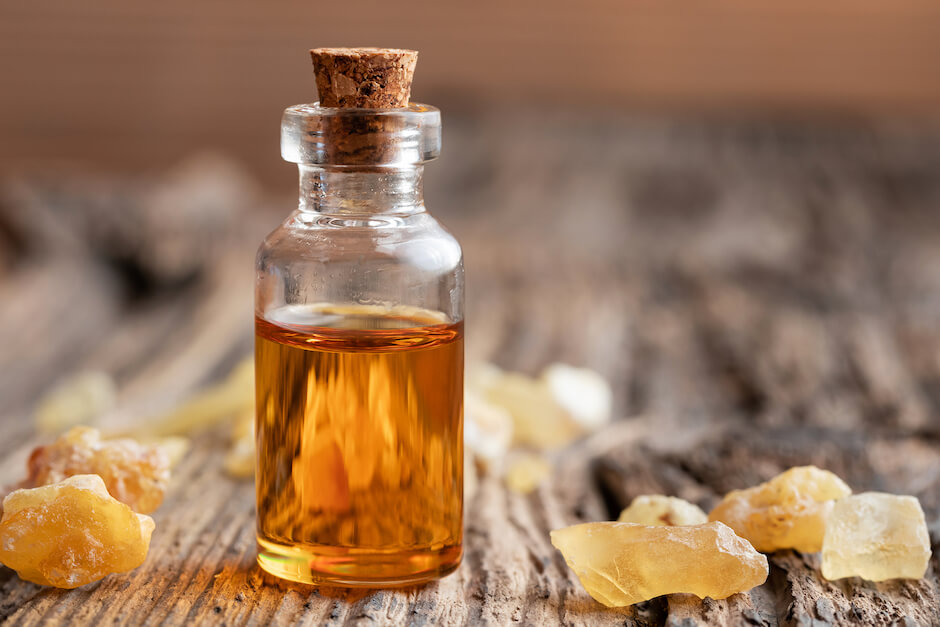

Frankincense essential oil helps to:
- soothe skin
- even out skin tone
- kill bacteria
These characteristics make it useful for treating scars. Frankincense essential oil:
- may promote the growth of new skin cells
- tighten the skin
- reduce the appearance of scars
Also, the active ingredient in Frankincense, boswellic acidTrusted Source, has been shown to have anti-inflammatory benefits.
You may start to see results after a month of using frankincense essential oil.
This essential oil may cause skin irritation and abdominal issues. Do not use frankincense oil if you take blood thinners.
3. Geranium essential oil
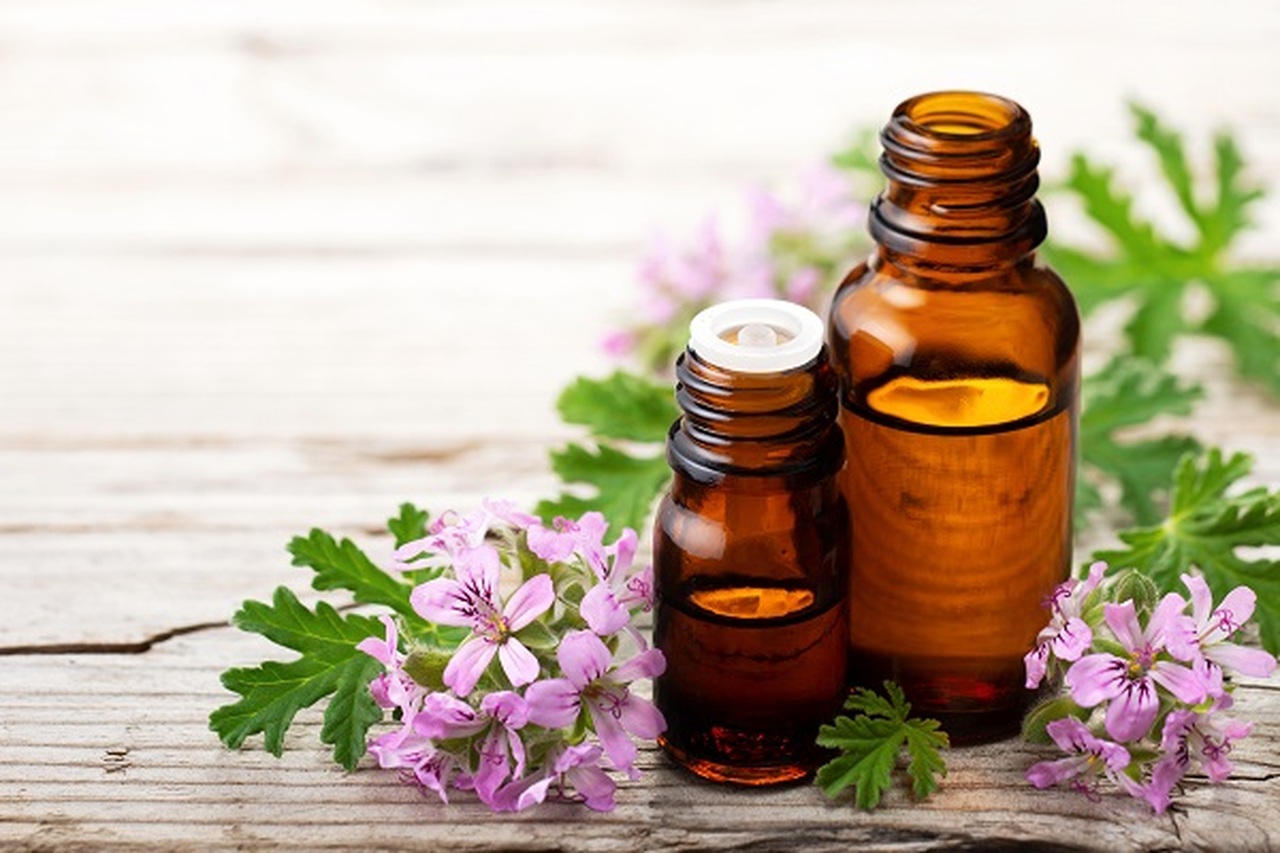

Geranium oil is useful in treating scars by:
- relieving inflammation
- evening out skin tone
- encouraging new cell growth
Its antiseptic, antimicrobial, and antibacterial wound-healing properties may help make scars less visible. In 2013, research found that rose geranium oil is effective in preventing and treating inflammatory skin conditions.
It may take at least a month to see results with geranium oil.
Use geranium oil with caution if you have high blood pressure or are at risk of cardiovascular diseases.
4. Lavender essential oil
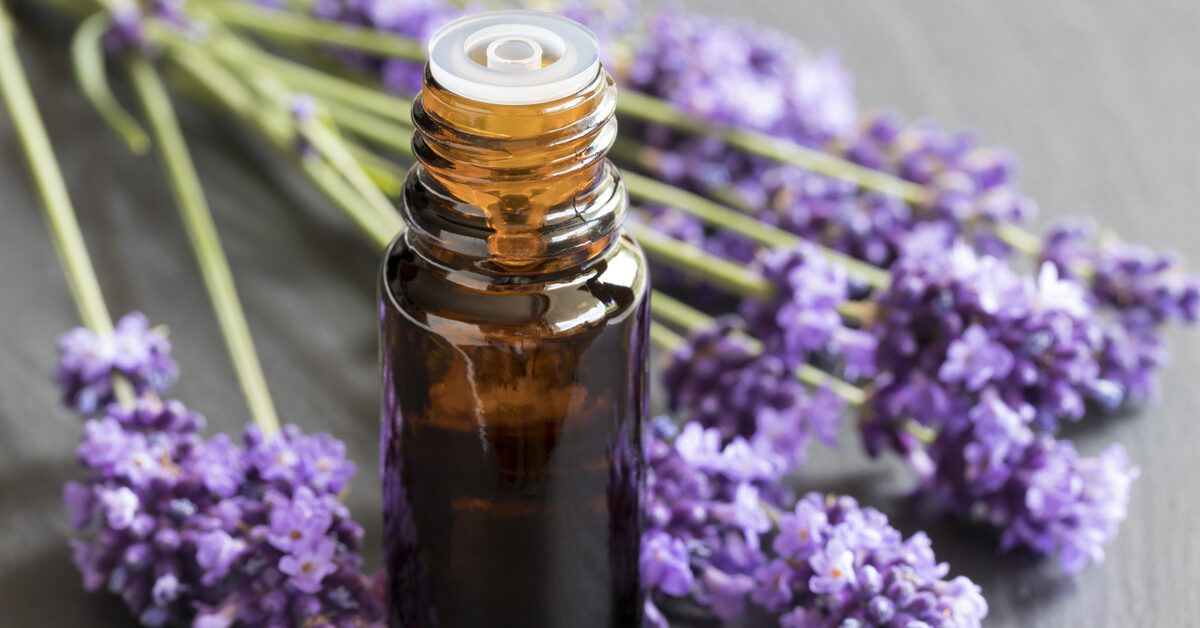

Lavender essential oil may help to prevent scarring by promoting cell and tissue growth. It has antibiotic, antioxidant, and antiseptic properties.
According to a 2016 studyTrusted Source, lavender oil demonstrates wound-healing activity and shows potential for use as a natural treatment to help repair damaged skin tissues.
Another 2016 study found that lavender essential oil promotes wound healing by increasing collagen and regenerating tissue, especially in the early phase of treatment. Topical application of lavender oil helped to speed up wound closure and promoted wound shrinking.
You may see results in as little as one week. Lavender is especially useful in the beginning phase of scar treatment.
It has the potential to irritate the skin and cause allergic skin reactions.
5. Carrot seed essential oil
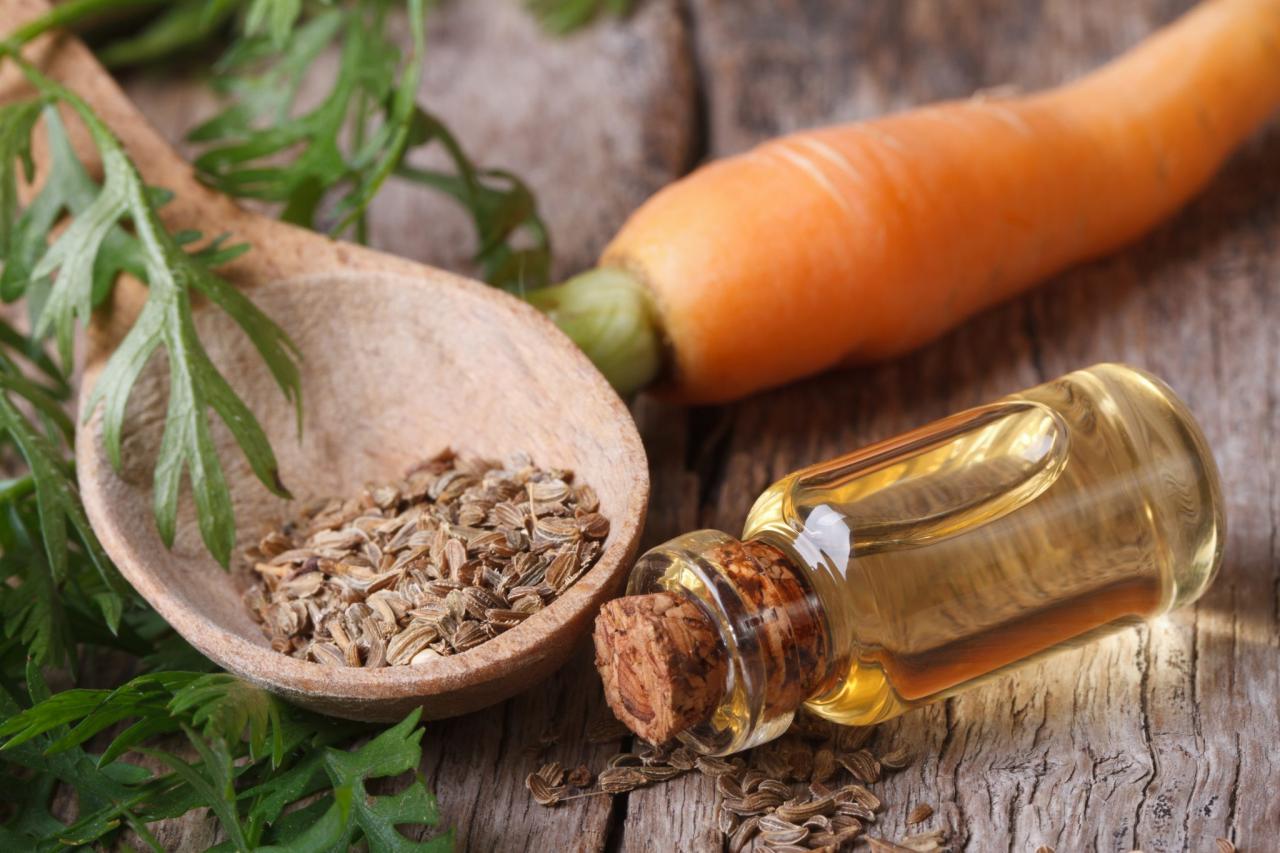

Carrot seed essential oil has been shownTrusted Source to have antibacterial and antifungal activities which could be useful in treating scars. This oil may be especially useful in treating older scars.
6. Cedar wood essential oil
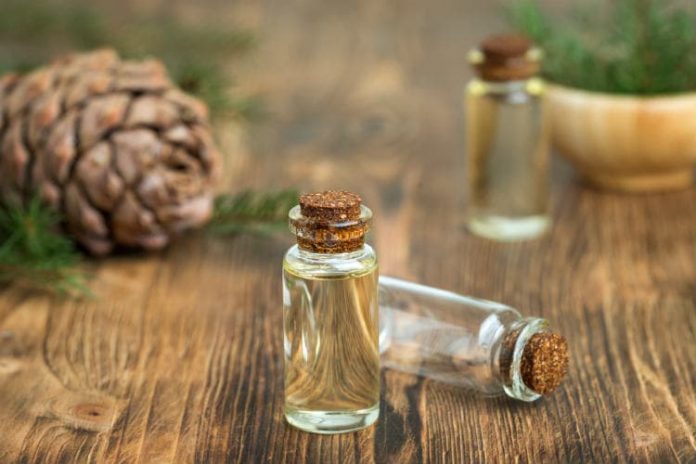

The rejuvenating effect of cedar wood oil shows potential in treating skin conditions including scars. It has been shownTrusted Source to reduce inflammation and to provide a pain-relieving effect.
Cedar wood oil is also useful in treating acne. More research is needed to confirm and expand upon these findings.
7. Hyssop essential oil
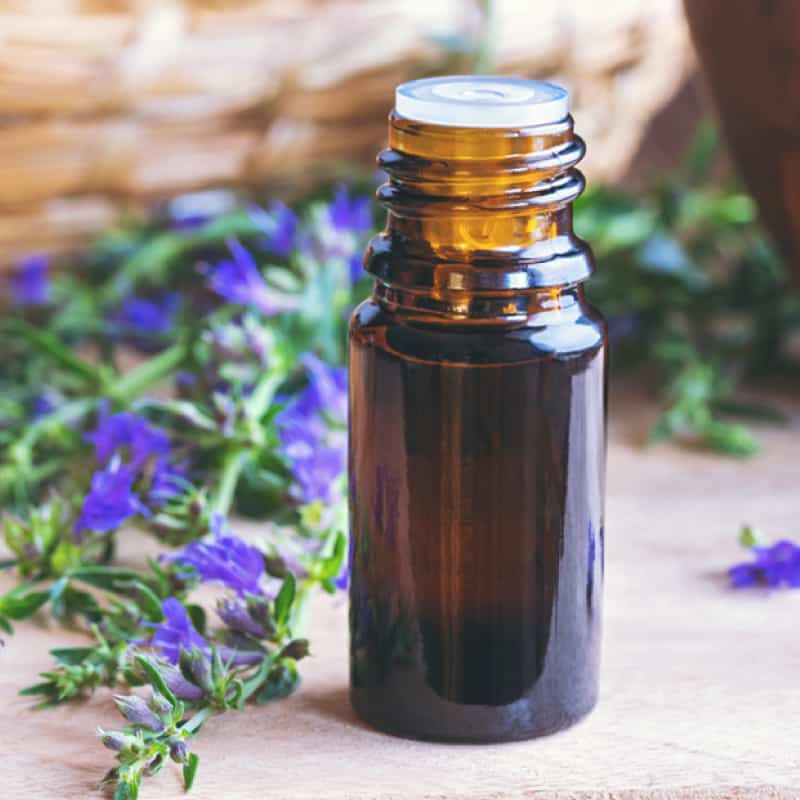

Hyssop essential oil has antiseptic, antifungal, and antibacterial properties that aid in repairing damaged skin. Hyssop oil has been shown to have antimicrobialTrusted Source activity. It may help:
- heal wounds
- prevent infections
- reduce the visibility of wrinkles and acne scars
Research published in 2011 suggests that the antioxidant activity of hyssop oil shows potential for medicinal use. Further research is needed to expand upon these findings and find out exactly how hyssop can help to treat scars.
8. Tea tree oil
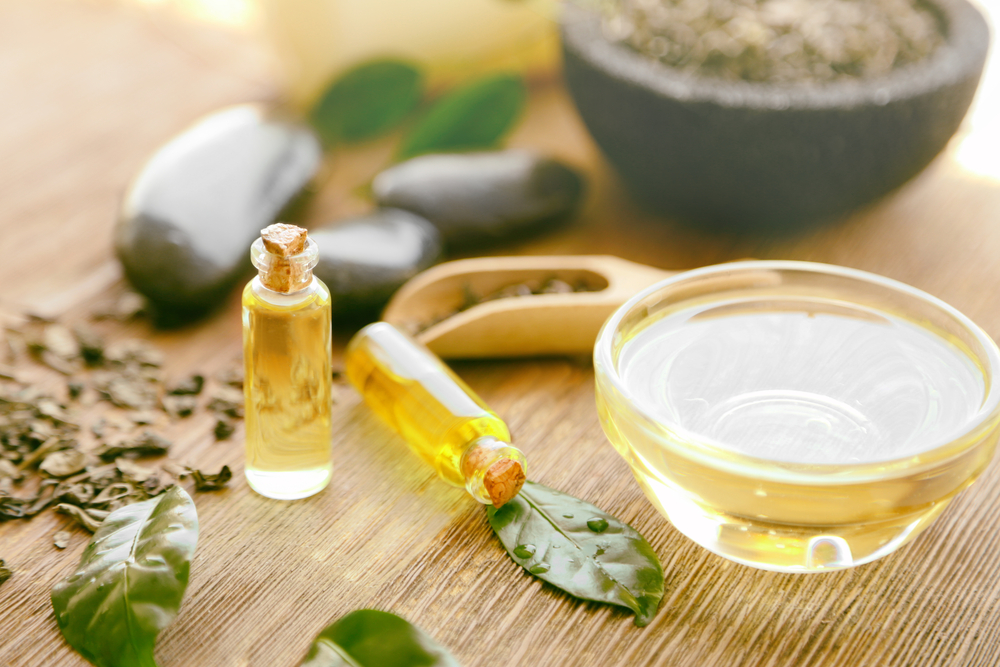

Tea tree oil has enormous healing potential due to its antiviral, antibacterial, and antifungal effects. The antioxidant and antimicrobial activityTrusted Source of tea tree oil may accelerate the wound-healing process.
It also has antiseptic and anti-inflammatory properties. It’s ability to boost immunity is helpful when you’re caring for wounds and scars.
In 2015, researchTrusted Source indicated that tea tree is a promising option to topically treat inflammatory disorders and heal wounds. Tea tree is available as an essential oil and comes already diluted.
It may take up to a month of consistent use before you see results using tea tree oil. Use tea tree oil with caution if you have any allergies or autoimmune conditions. It has the potential to cause an allergic reaction. Tea tree oil may not be appropriate for use in children.
9. Neroli essential oil
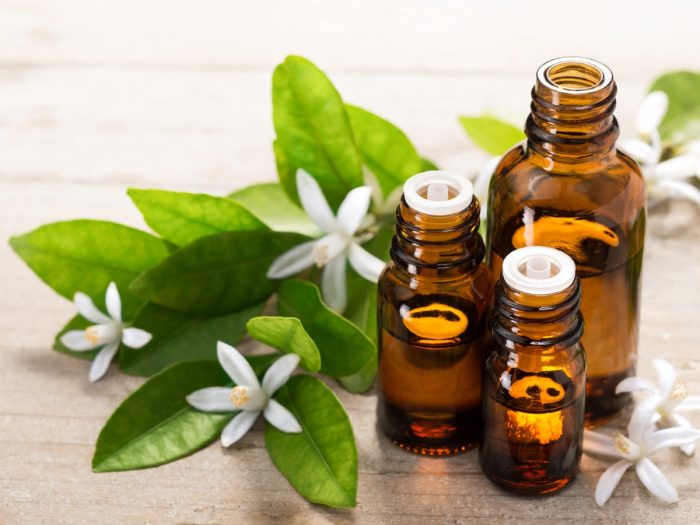

Neroli essential oil is used for a variety of skincare conditions. It’s useful in treating scars. Neroli oil has been shown to reduce pain and inflammation.
Its antimicrobial and antioxidant propertiesTrusted Source make it a powerful healer. It also has antifungal properties. More research is needed to discover how neroli oil can be used to treat skin conditions and scars.
10. Rosehip seed oil
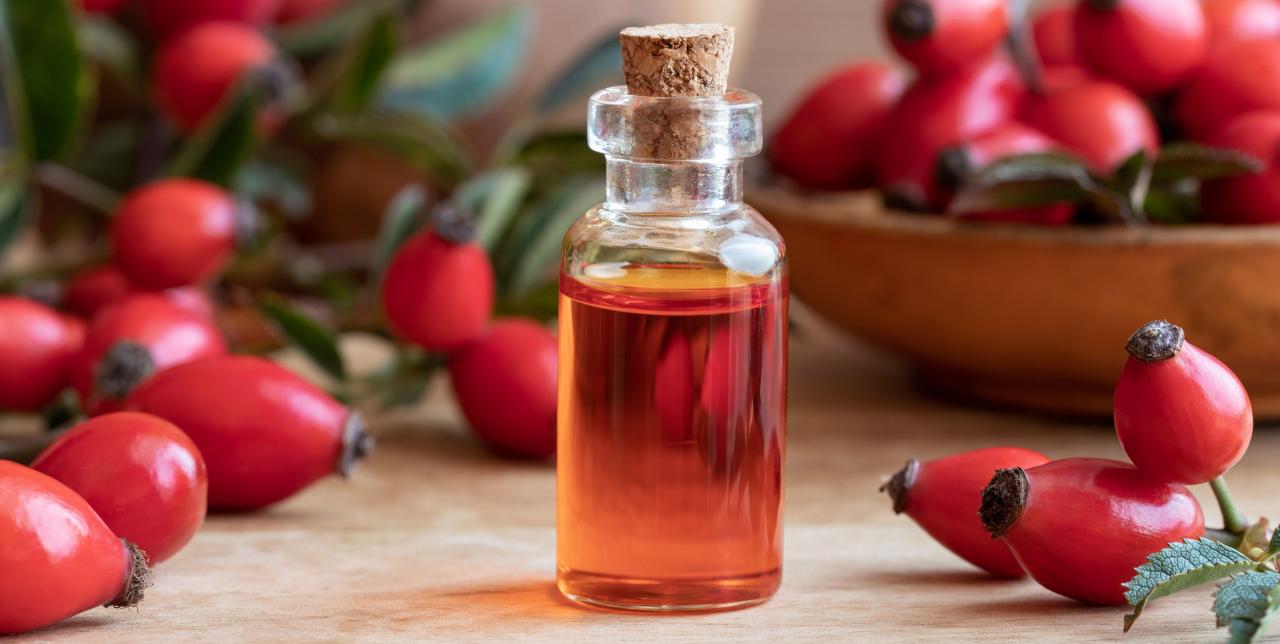

Rosehip seed oil may be used to:
- improve the condition of your skin
- treat scars
- treat wrinkles
- treat acne
In a 2015 study, researchers found that rosehip seed oil improved the appearance of post-surgical scars. Participants who used the oil twice daily for 12 weeks experienced significantly less discoloration, atrophy, and redness.
You may start to see results after six weeks of use. It’s possible for rosehip oil to cause irritation or an allergic reaction. Do not use if you have diabetes, kidney stones, or anemia.
11. Vitamin E oil
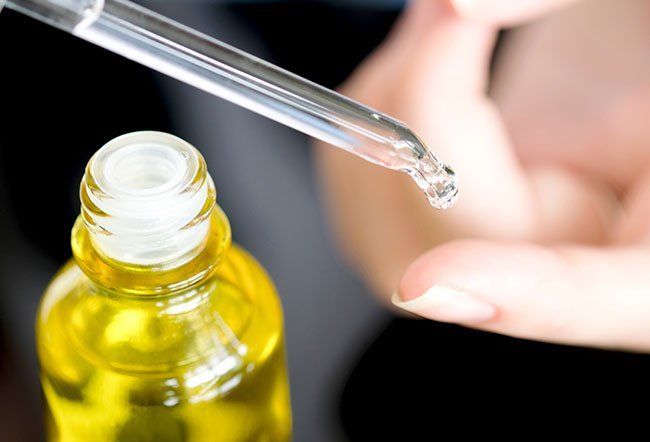

Vitamin E oil may prevent scarring by helping your skin to retain moisture while boosting collagen production. It also helps to protect your skin from damage caused by free radicals.
Research demonstrating the effectiveness of vitamin E oil in treating scars has been mixed. A few studies have shown it to significantly improve the cosmetic appearance of scars. Additional research is needed.
You may start to notice results after a few weeks of use, but you can continue to use vitamin E for a few months. Vitamin E may cause an allergic reaction, rash, or itchiness. Vitamin E oil is an affordable option that’s
12. Almond oil
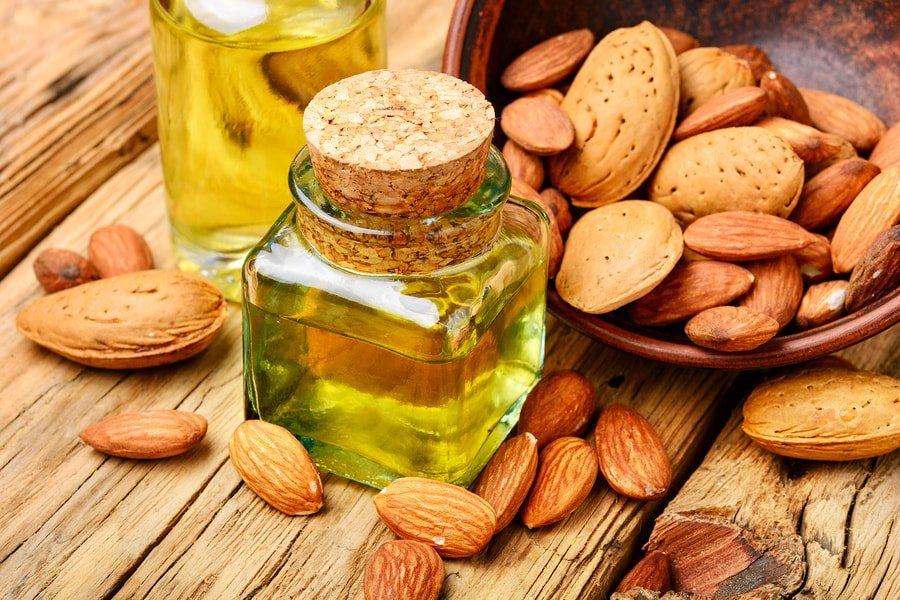

Almond oil has numerous benefits to the skin and may help to reduce the appearance of scars. Almond oil contains vitamin E, which helps hydrate, soothe, and moisturize dry or damaged skin.
There’s some evidence that almond oil can:
- rejuvenate the skin
- improve complexion
- even out skin tone
It also has anti-inflammatory properties that help skin to heal. More research is needed to understand its potential in healing scars. It has been found to reduce the formation of stretch marks and reduce itching.
You may start to see results after a month of using almond oil. Don’t use almond oil if you have diabetes. Avoid use for two weeks before any scheduled surgery. Almond oils are often used as carrier oils for essential oils.
13. Coconut oil
Coconut oil contains fatty acids and micronutrients that may help to reverse skin damage, heal skin disorders, and moisturize. It’s a highly respected moisturizer.
Its antioxidant and anti-inflammatory properties help to prevent and heal skin conditions. Coconut oil may also:
- increase collagen production
- help the skin to retain moisture
- soften the skin
Research published in 2010 found that topical application of coconut oil on wounds in rats had a positive effect on the healing process. This was due in part to its antioxidant activity and effect on collagen production.
A 2019 study found coconut oil to protect skin cells from inflammation in the lab, and this is important step in understanding how the action works.
You may notice results after as little as 10 days of consistent use. Coconut oil has the potential to irritate the skin or cause an allergic reaction. It’s an affordable option that’s
